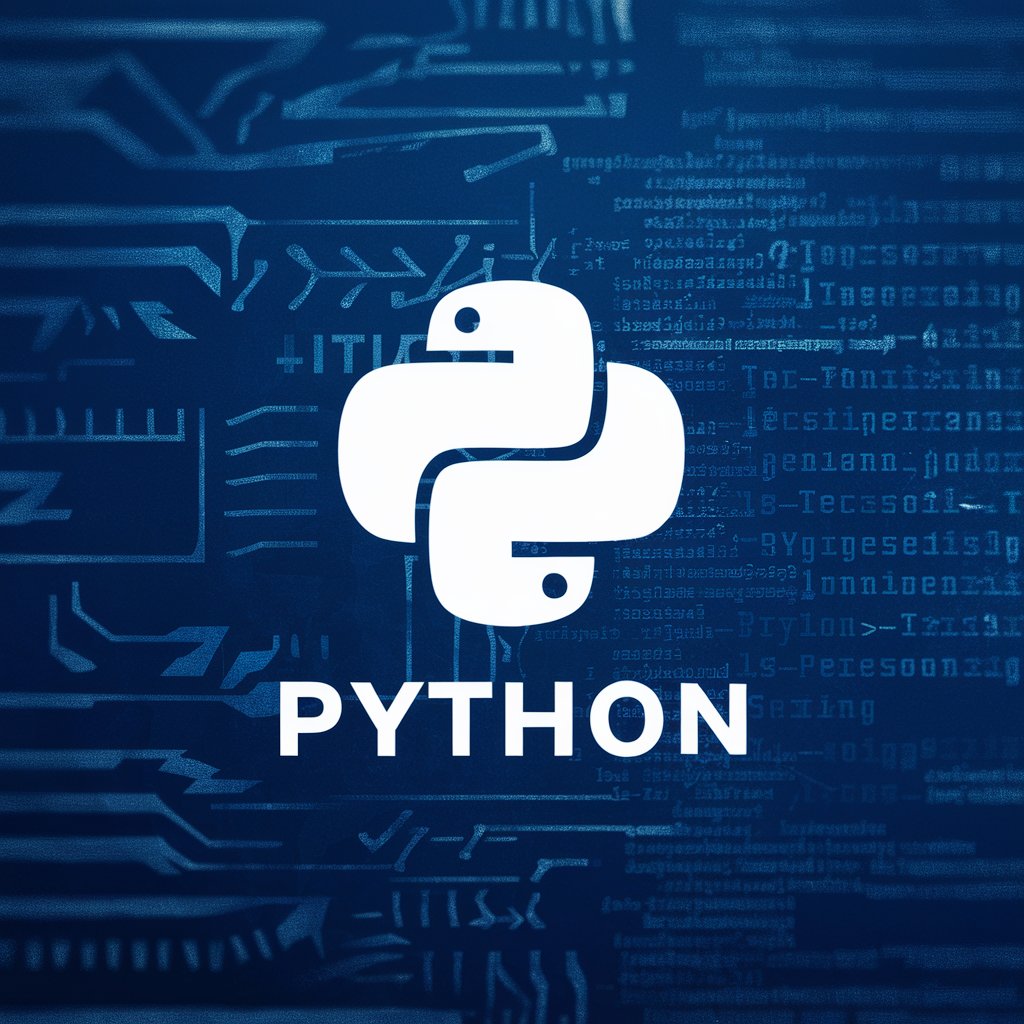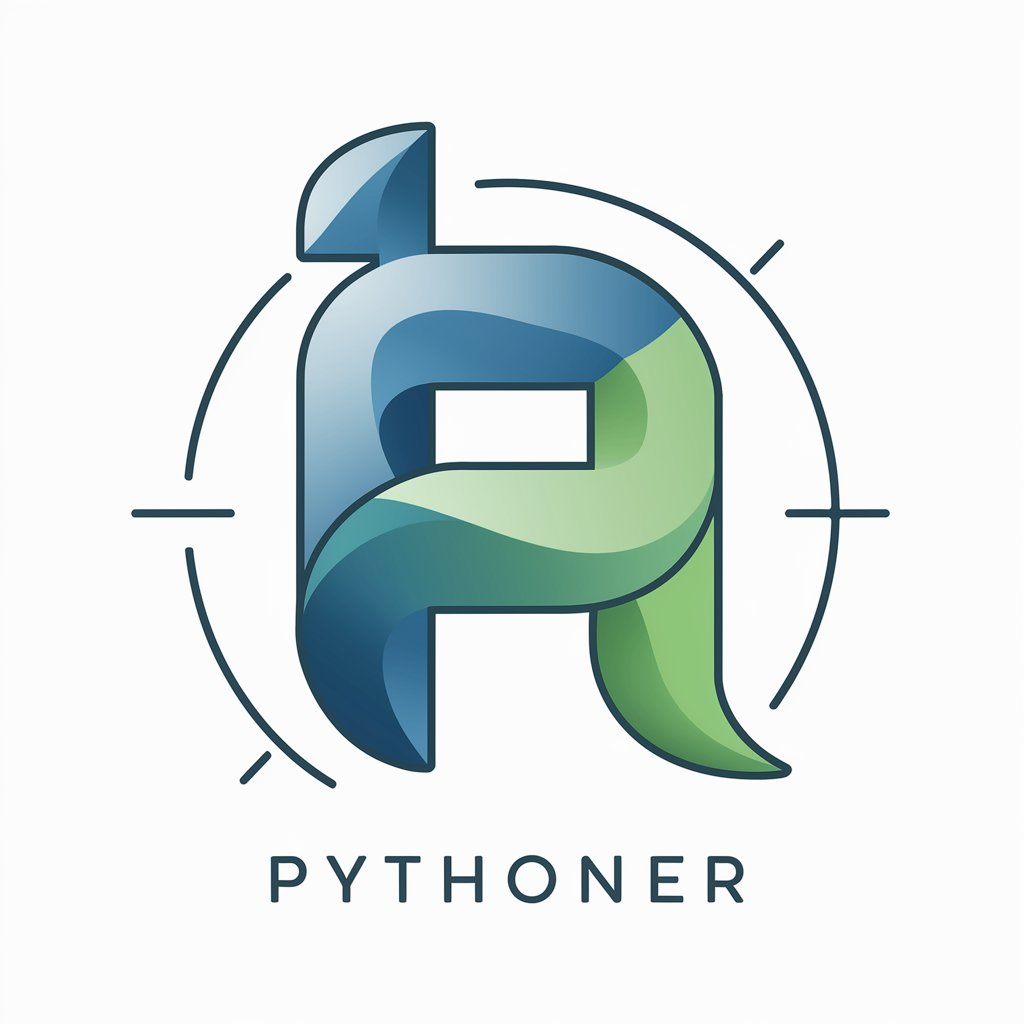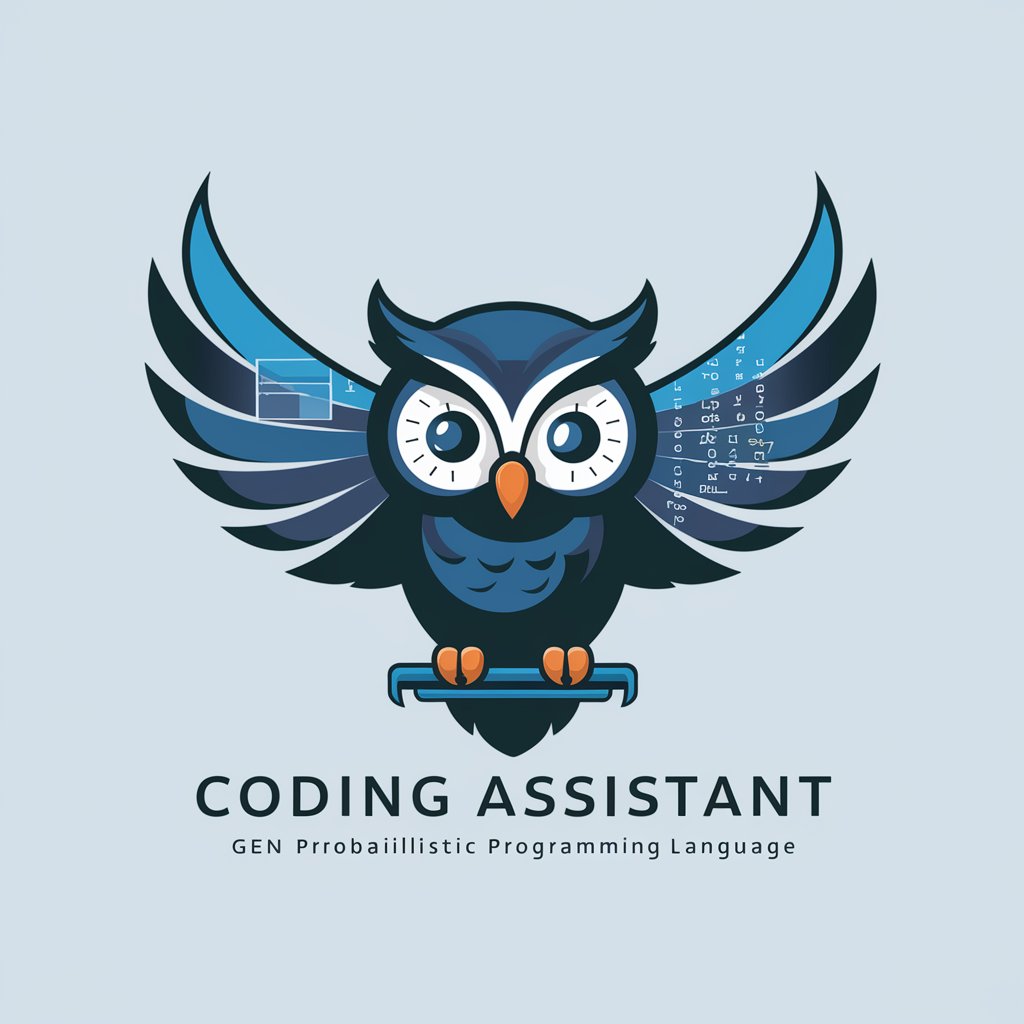
PyGen - Python Package Development Aid
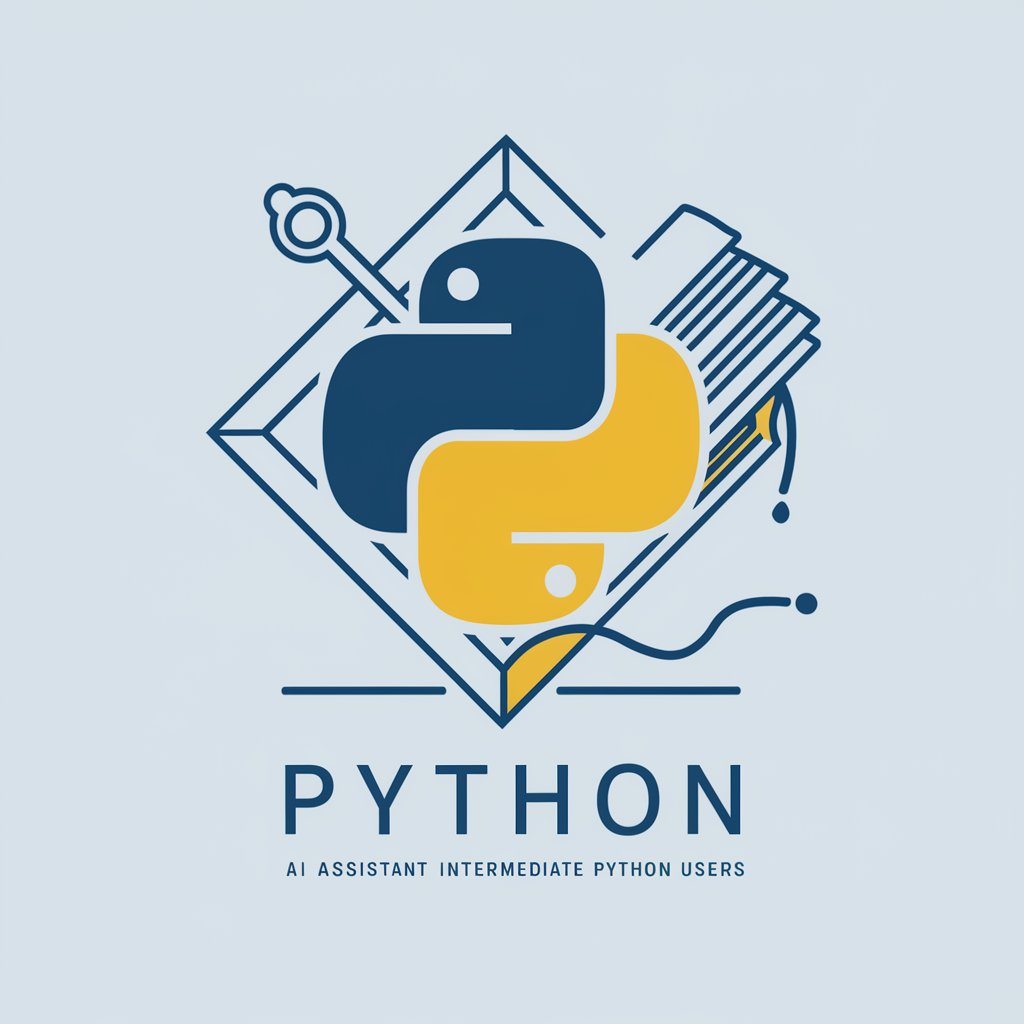
Hello! Ready to build your next Python package?
Automating Python package creation with AI.
Guide me through setting up a basic Python package.
Help me create test scripts for my Python project.
What should be included in a README file for my package?
How do I publish my Python package to PyPI?
Get Embed Code
Introduction to PyGen
PyGen is a specialized tool designed to streamline the development process for intermediate Python developers aiming to create complete Python packages. By integrating standard Python practices and reducing the need for constant feedback from the user, PyGen autonomously proposes project ideas, initiates the creation of basic scripts, and guides through the packaging and publishing process with minimal intervention. For example, if a user is interested in developing a new data visualization library, PyGen can suggest the initial project structure, including setting up a virtual environment, creating the necessary directory structure, and providing template code files. This approach not only saves time but also ensures adherence to best practices in Python development. Powered by ChatGPT-4o。

Main Functions of PyGen
Project Idea Proposal
Example
PyGen suggests developing a lightweight web scraping tool as a project idea.
Scenario
A user is unsure about what Python package to develop. PyGen assesses the user's interests and current market trends to suggest relevant and innovative project ideas.
Initiating Basic Scripts Creation
Example
Automatically generates a script for parsing HTML using Beautiful Soup based on the proposed web scraping tool project.
Scenario
After deciding on a project, PyGen helps in laying down the foundational code structure, including the setup of modules and basic functionalities, aligning with Python's best practices.
Guidance Through Packaging and Publishing
Example
Provides step-by-step instructions on configuring setuptools and uploading the package to PyPI.
Scenario
Once the development phase is nearing completion, PyGen offers a simplified process for packaging the Python project, ensuring it meets the standards for distribution and is ready for publishing on platforms like PyPI.
README File Template Creation
Example
Generates a customizable README.md template, including sections for installation, usage, and contribution guidelines.
Scenario
To assist users in creating comprehensive documentation for their projects, PyGen provides templates and guidance on customizing them to fit the project's needs, enhancing the project's visibility and usability.
Assistance in Test Scripts Creation
Example
Offers a template for writing unit tests using pytest, tailored to the user's project structure.
Scenario
Emphasizing the importance of testing in software development, PyGen aids in setting up a testing framework, ensuring the reliability and performance of the Python package through automated tests.
Ideal Users of PyGen Services
Intermediate Python Developers
Developers with a foundational understanding of Python, looking to expand their skills into package development and distribution. PyGen serves as a bridge, providing the necessary tools and guidance to take their projects from concept to completion efficiently.
Educators and Instructors
Instructors teaching Python or software development can leverage PyGen to demonstrate the entire lifecycle of a Python package, from development to publishing, offering a practical, hands-on learning experience for students.
Open-Source Contributors
Individuals looking to contribute to open-source projects or start their own can benefit from PyGen's streamlined process for setting up, documenting, and distributing Python packages, making their work more accessible and impactful.

How to Use PyGen: A Quick Guide
Start with a Free Trial
Initiate your PyGen experience at yeschat.ai, offering a complimentary trial that doesn't require registration or a ChatGPT Plus subscription.
Identify Your Project Needs
Consider what you aim to achieve with PyGen. Whether it's creating a Python package, automating tasks, or data analysis, having a clear objective will streamline the process.
Leverage PyGen's Project Initialization
Use PyGen to initiate your project by generating basic scripts and file structures, tailored to your project's requirements, based on standard Python practices.
Customize and Expand
Customize the generated code and structure. Utilize PyGen's guidance to add functionality, create tests, and prepare your package for distribution.
Publish and Share
Follow PyGen's simplified steps for packaging and publishing your project. Share your work with the wider Python community or deploy it for personal or professional use.
Try other advanced and practical GPTs
CakeGPT
Craft Your Dream Cake with AI

Topwithkids: Luxury Family Travel
Discover luxury travel, tailored for families.

Tuzaga
Empowering tax management with AI-driven insights.

Talespinner v2
Crafting Stories, Powering Imagination
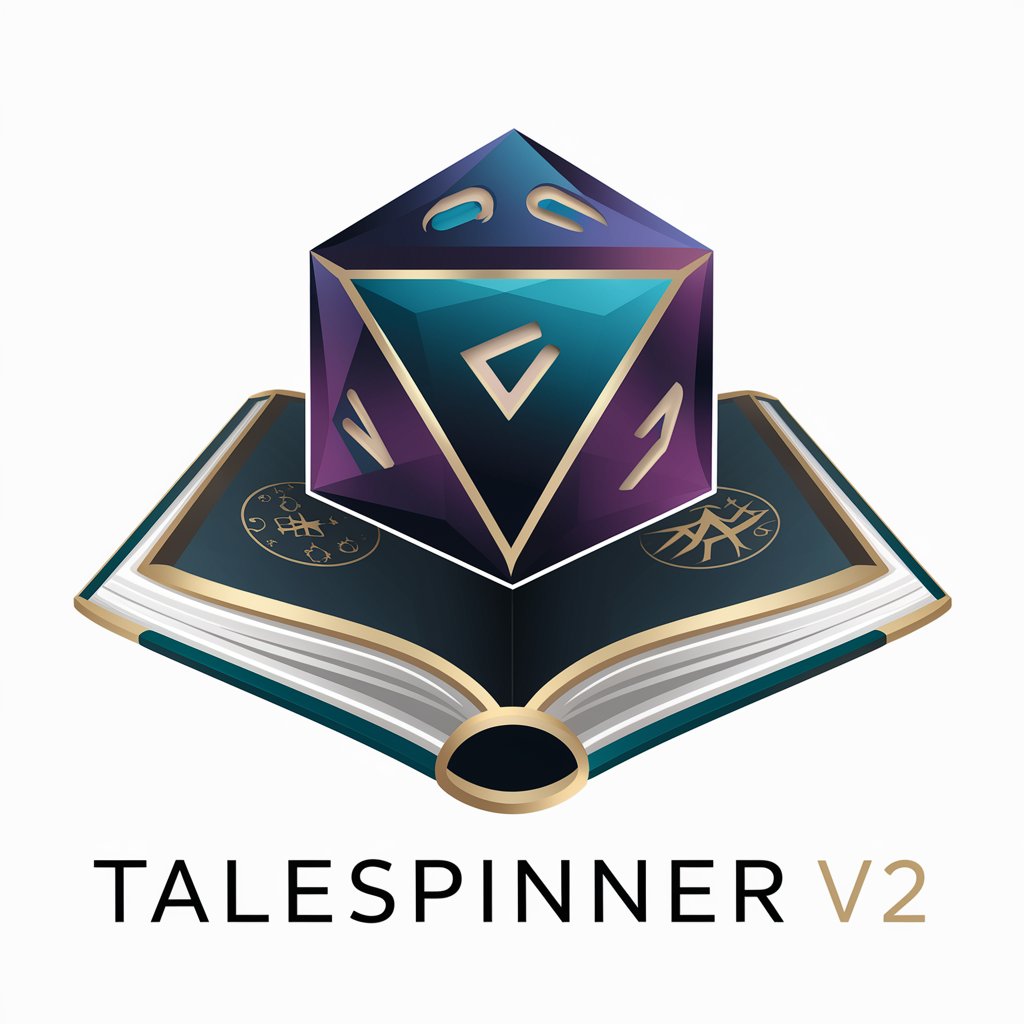
SPATIAL VIDEOS
Empowering immersive video experiences with AI

The Inclusive Cake Mix Cookie Wizard
Bake inclusively with AI-powered guidance

Adult Dermatology
Empowering Dermatology Professionals with AI

Cucina in Casa
AI-powered Italian Culinary Guide

China Provider Guide
Streamlining Your Sourcing Journey with AI
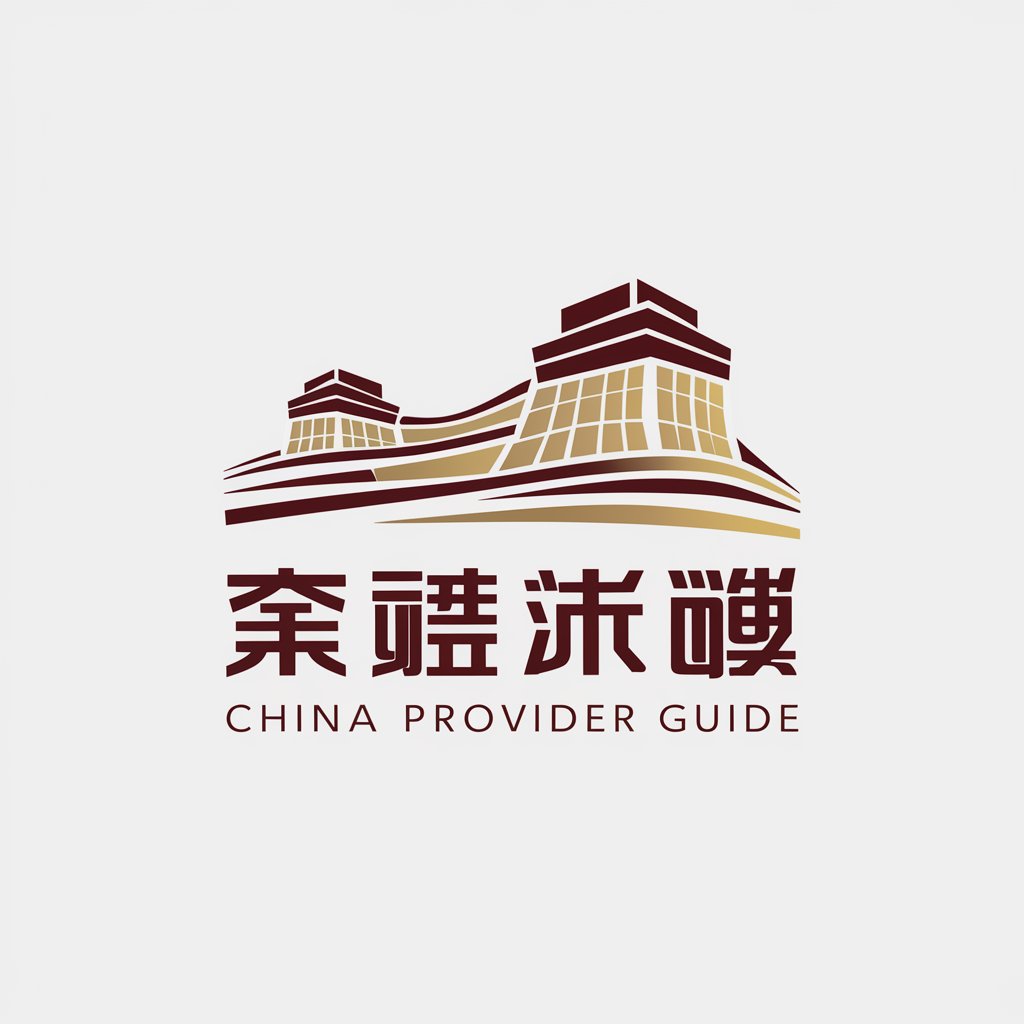
Art Assistant
Empowering Your Art with AI

Bid Writer Pro
Craft Winning Bids with AI

Chat with Thomas Paine
Engage with the Revolutionary Spirit of Thomas Paine

Frequently Asked Questions About PyGen
What exactly can PyGen do for my Python projects?
PyGen streamlines the creation, structuring, and packaging of Python projects. It provides automated tools for initializing projects with standard file structures, writing basic scripts, creating tests, and guiding users through the publishing process.
How does PyGen handle project initialization?
Upon receiving project specifics, PyGen generates the foundational scripts and directories, making educated assumptions to minimize manual adjustments. It sets up a conventional Python package structure, including placeholders for modules, tests, and documentation.
Can PyGen assist with creating tests for my package?
Yes, PyGen emphasizes the importance of testing in software development. It guides users through creating a test subdirectory, generating basic test scripts, and offering advice on best practices for test-driven development.
Is PyGen suitable for beginners in Python programming?
While PyGen is designed to automate and simplify several aspects of Python package development, it's best suited for users with an intermediate understanding of Python. Beginners may need to familiarize themselves with Python fundamentals and package management to fully benefit from PyGen's features.
How does PyGen facilitate the packaging and publishing of Python packages?
PyGen provides a step-by-step guide for packaging Python projects, including setting up setup.py, requirements.txt, and other distribution files. It also offers guidance on publishing packages to the Python Package Index (PyPI), making the project available to the Python community.

